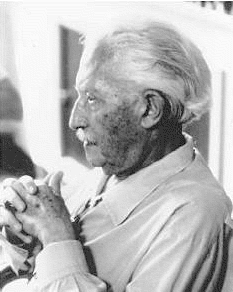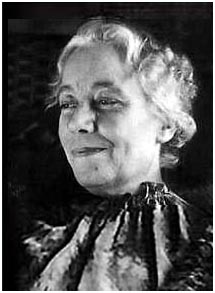 W
WEgo psychology is a school of psychoanalysis rooted in Sigmund Freud's structural id-ego-superego model of the mind.
 W
WEgo integrity was the term given by Erik Erikson to the last of his eight stages of psychosocial development, and used by him to represent 'a post-narcissistic love of the human ego—as an experience which conveys some world order and spiritual sense, no matter how dearly paid for'.
 W
WEgocentrism is the inability to differentiate between self and other. More specifically, it is the inability to accurately assume or understand any perspective other than one's own.
 W
WErik Homburger Erikson was a Danish-German-American developmental psychologist and psychoanalyst known for his theory on psychological development of human beings. He coined the phrase identity crisis.
 W
WKaren Horney was a German psychoanalyst who practiced in the United States during her later career. Her theories questioned some traditional Freudian views. This was particularly true of her theories of sexuality and of the instinct orientation of psychoanalysis. She is credited with founding feminist psychology in response to Freud's theory of penis envy. She disagreed with Freud about inherent differences in the psychology of men and women, and she traced such differences to society and culture rather than biology. She is often classified as neo-Freudian.
 W
WSelf and Identity is a subfield of psychology. As the name implies, it deals with topics pertaining to both self and identity. Key areas of investigation include self-concept, self-esteem, and self-control.
 W
WEdoardo Weiss (1889-1970) was the earliest Italian psychoanalyst, and the founder of psychoanalysis in Italy. His most important theoretical contributions were perhaps to the development of ego state theory.